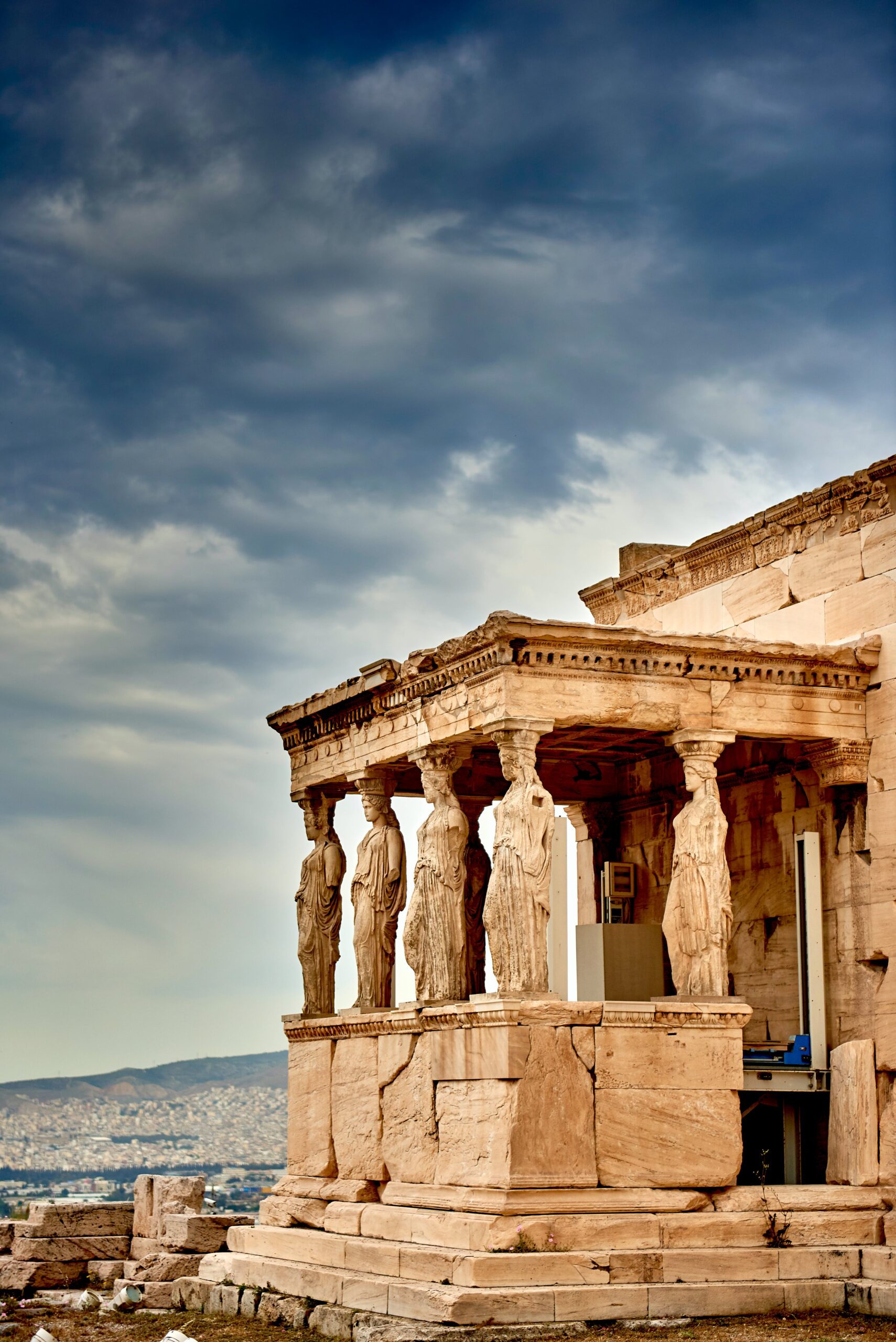Whether you prefer the dazzling feats and powers of the Avengers or you enjoy the technical and physical capabilities of the Batman, everyone loves a superhero. Modern-day blockbuster hits are often based on comic book plots that have entertained generations for their creative although implausible storylines, the devilish villains, and most unlikely superstars. However, gripping stories of drama and action trace back to the tales handed down from one Greek generation to the next. They were more than tales. They were legends of a religious construct, with a homage to gods and their offspring included as a part of Greek ritual and culture. These stories aren’t just about ancient Grecian culture. They are characters that still align with beliefs and cultural displays across the world today.
Kratos- God of Strength
With his status as a son of Titans, Kratos is heralded as a Greek symbol of strength. Given the complexity of the Greek alphabet, there is a lot of confusion and debate on the actual Greek symbol of strength, but there is no doubt about the qualifications of Kratos as a relative of the gods who represents strength in battle. Most myths tell of his position as a most trusted guard for Zeus and guardian of his throne. It was his job to put into motion the will of Zeus and see that it was carried out. Because his lineage as a direct descendant of a god was usually challenged, most characters in Greek myth rely on him as an accomplice in times of need. His most famous act was securing Prometheus to be tortured for all time for stealing fire from the gods. There is a lot to be said about a loyal companion who shows strength in both commitment and physical ability.
Zeus- King of the Olympians
Every group of heroes needs a leader, and the Greek gods were organized and ruled by Zeus, the son of Kronos. His desire for power and leadership and the help of fate allowed him to overthrow his father and establish himself as the supreme deity of the Greek Pantheon. Using a thunderbolt, he would swiftly carry out discipline for those who displeased him, and he rode upon a winged steed named Pegasus as he watched over his subjects. He is known for justice, but perhaps he is most known for his interaction with the affairs of mortals through the Greek stories of The Illiad and The Odyssey. He was also credited with causing the Great Flood to destroy a mortal world that had grown in their longing for blood and war. Each culture and religion still has a head deity that rules and interjects in the affairs of men.
Hades- The God of Death
Also infamously known as the King of the Underworld, Hades was a brother to Zeus but completely different in perspective and behaviors. He helped his brother Zeus overthrow their father, and his part of the reward was to receive the underworld as his kingdom. He established a three-headed dog named Cerberus to be the guard to the underworld, and Hades rarely left the dark imposing world. Greeks would fail to speak his name, given a human fear for death, pain, and suffering. In spite of their fear, they would still seek to honor and worship him, as he was regarded as in important benefactor for earth’s treasures and bounty. The balance between a life of good and evil is still seen in how many view their actions on earth.
Greek mythology is a wonderful way to explore the culture and traditions of ancient Greece, as many of the things celebrated today, such as the Olympics, were developed as a way to please the gods. In truth, many of the religious practices seen around the world follow some of the same hierarchy as that of the Greek gods.

